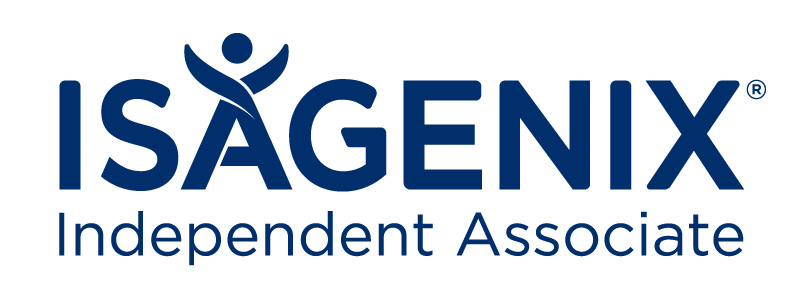Aromatherapy has taken the wellness world by storm, and for good reason. From moisturizing your cuticles to providing a positive breathing experience, essential oils have a TON of awesome benefits.
Finding a Reputable Essential Oil Company
Like any popular product on the market, not all essential oils are created equal. You wouldn’t go to a restaurant without consulting Yelp or let a friend go on a date without checking for red flags, right? You should approach wellness companies with the same caution.
Finding reputable companies can be difficult, though. That’s why I’ve compiled a list of traits to help you choose a company that’s making oils you can trust.
The Essential Oils Company Checklist
1. They’re Transparent About Where Their Oils Come From

Because essential oils can be easily contaminated, brand transparency is everything. A company should be able to tell you how they harvest and extract their ingredients and where each oil is sourced. They should also be able to tell you the Latin name of each oil so you know exactly what plant the oil came from.
For example, there are many different species of lavender. If you don’t know the specific kind being used in your oil, you may not be getting the experience you’re actually looking for.
2. Their Products Are Pure and Backed by Science

So, how are essential oils regulated to ensure they’re pure? Unfortunately, the honest answer is that there is no official or standardized regulatory agency for testing the purity of essential oils. But, it helps if a company has put together a detailed, comprehensive quality and safety process to ensure their oils haven’t been contaminated or altered in any way. A company willing to use third-party testing is even better!
Not to brag, but at Isagenix, we have an eight-step essential oil production process. We’re committed to making essential oils in accordance with our no-compromise quality standards for purity, safety, and authenticity.
3. Their Prices Aren’t Extreme

It can take a lot of plant matter to create one small bottle of essential oil, which is why some oils are more expensive than others. The price primarily depends on how readily available each plant is.
Frankincense oil, for instance, will be more expensive than lemon oil because lemons are much more readily available than frankincense. (I mean, when’s the last time you saw a giant frankincense grove?). Frankincense requires a process in which sap is collected from a tree and then steam distilled, whereas lemon oil is cold pressed from lemon peels — a much easier process!
If a company is charging the same exact price for every single oil, you may need to question where they’re sourcing their plants.
Similarly, if a company is luring you in with the lowest prices on the market, you may need to consider if they’re being honest about the quality of their oils. On the other hand, just because a company has the most expensive oils doesn’t necessarily mean they have the bestoils.
This is a tricky one, I know! The key is understanding which oils are common and which are rare and checking bottle labels to determine oil quality.
Think You’re Ready to Choose?
Finding a company you trust to produce the best essential oils can be difficult, but at the end of the day, the more information a company is willing to share, the better. When a company is honest and forthcoming about their product every step of the way, you have everything you need to make an informed decision.
An even better way for a company to pass the trustworthiness test (at least in my opinion) is already creating products I love and trust. Isagenix for the win on that one!

